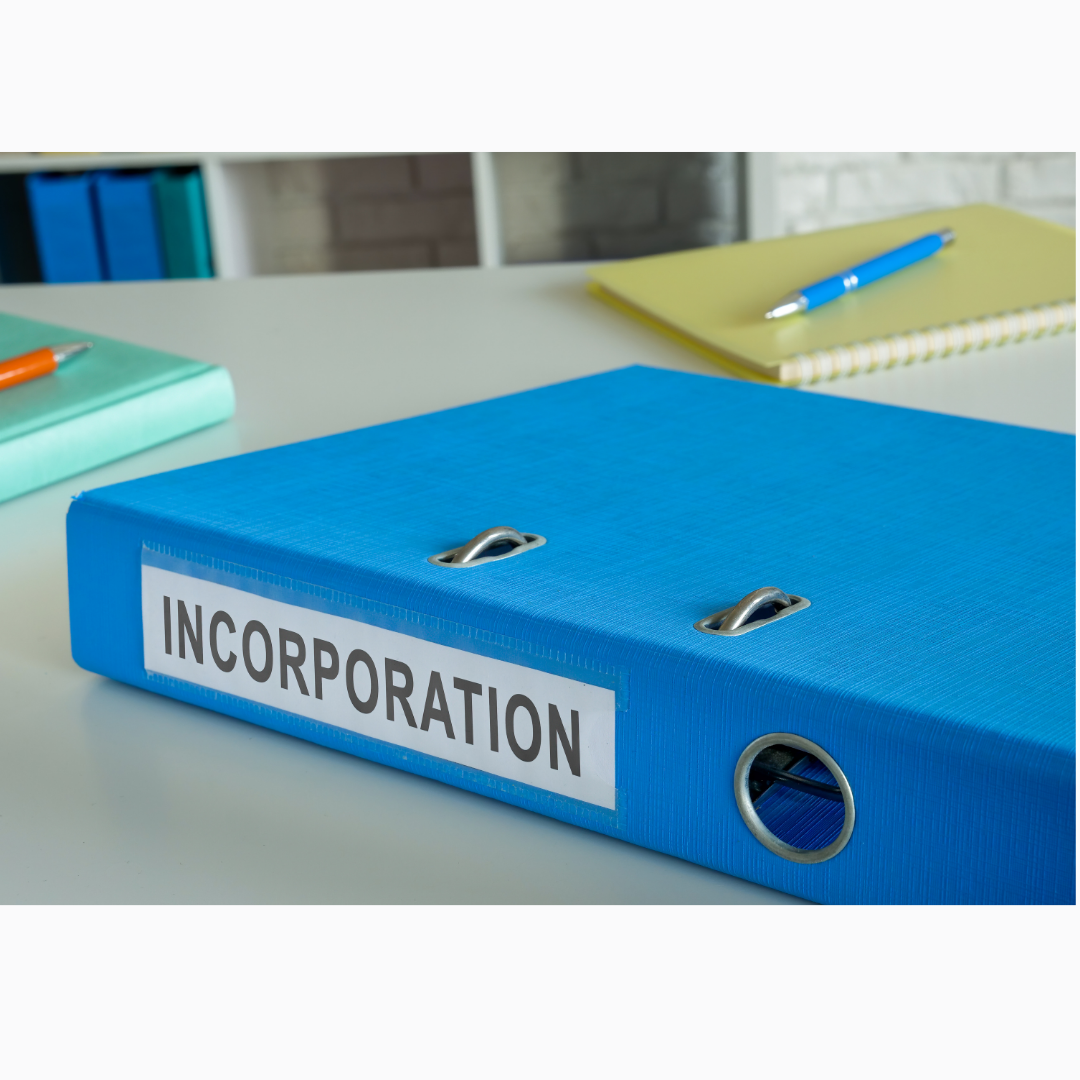Starting a new business can be an exciting yet daunting experience. It requires a lot of planning, hard work, and dedication to make your business successful. One of the first steps to start a business in Alberta is to incorporate it. Incorporation is a legal process that provides your business with a separate legal entity from its owners, which means that your business can operate independently and have its own legal rights. In this blog post, we will discuss the process of starting a business in Alberta, including incorporation, registration, and other important aspects that you should know.
Decide on Your Business Structure
Before starting a business, you need to decide on its structure. In Alberta, you can choose from four types of business structures: sole proprietorship, partnership, corporation, or cooperative. Each of these structures has its own pros and cons, and choosing one that is suitable for your business will depend on factors such as your business size, ownership, and liability. If you decide to incorporate, you will need to choose between a federal or provincial corporation. A federal corporation is recognized across Canada, while a provincial corporation can do business only in Alberta.
Register Your Business Name
Once you have decided on your business structure, the next step is to choose and register your business name. Your business name will serve as your brand so it is important to choose a name that is unique and easy to remember. You can check if your desired name is available using the NUANS (Newly Upgraded Automated Name Search) system before registering it with the Alberta Corporate Registry.
Incorporation Process in Alberta
Incorporating a business in Alberta involves several steps, including the following:
1. Preparing the articles of incorporation;
2. Filing them with the Corporate Registry; and
3. Paying the fees.
The articles of incorporation contain details such as the company’s name, business purpose, and share structure. Once the articles receive approval, you will receive a certificate of incorporation. This confirms your business’s legal existence and provide you with a unique business number.
Get Required Business Licenses and Permits
Before you can operate your business, you’ll need to obtain the necessary licenses and permits. The specific requirements will depend on the nature of your business and its location. Some common permits and licenses that businesses require in Alberta include a business license, GST/HST registration, and workers’ compensation coverage.
Understand the Tax Obligations
Once your business is up and running, you’ll have to fulfill certain tax obligations. In Canada, there are various taxes businesses pay including corporate income tax, payroll taxes, and GST/HST. It is essential to understand your tax obligations and deadlines to avoid any penalties or fines.
Starting a business in Alberta requires a lot of planning and preparation. Incorporation is a crucial step that provides your business with a separate legal entity. This offers several benefits such as limited liability and access to funding. By understanding the process of starting a business in Alberta and the requirements, you can ensure that your business is set up for success from day one. If you are still unsure about the process, it may be helpful to seek the guidance of a lawyer or accountant who specializes in business incorporation.
Summit Legal Group has a corporate law team who can help guide you through the necessary requirements to set up your new business. Contact us today to let us help you start! Schedule a complimentary call with our Corporate Paralegal who can assist you with any questions you have before you begin!



